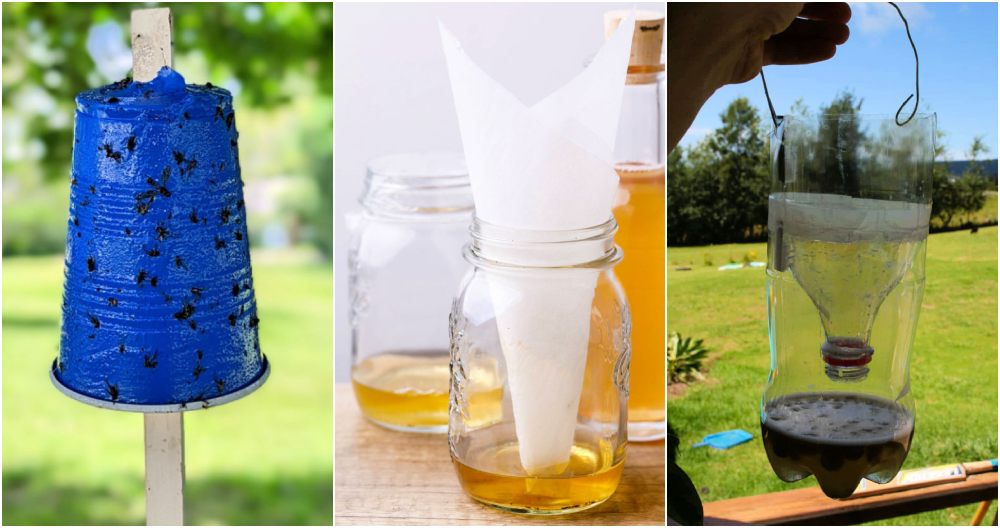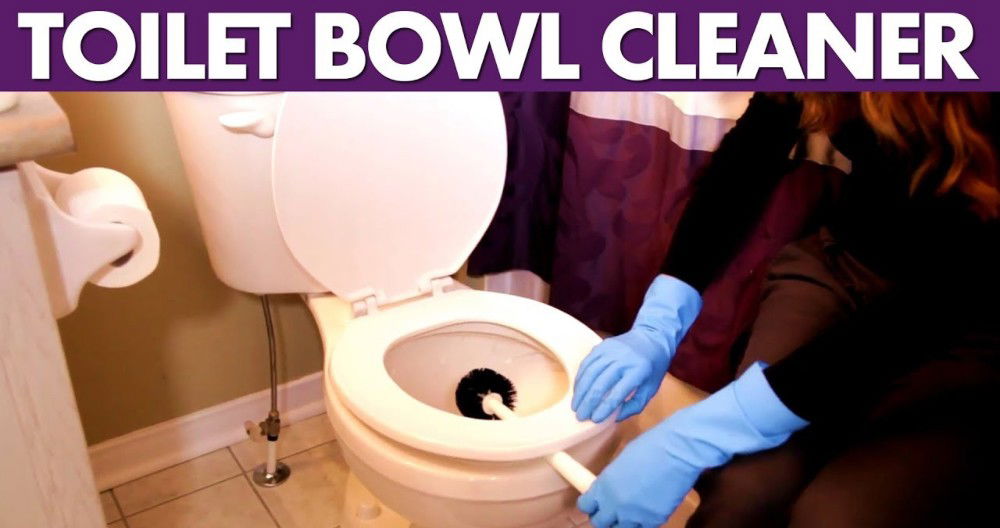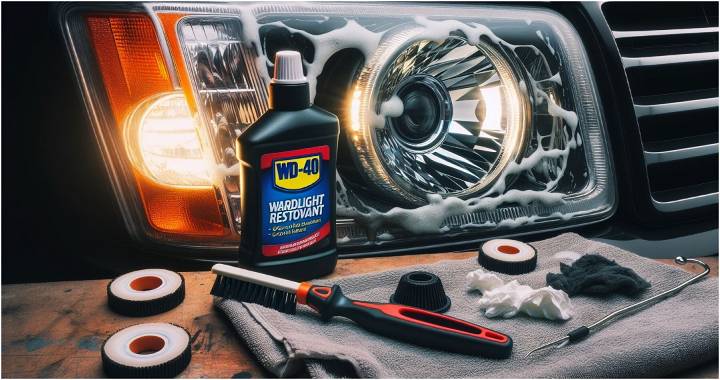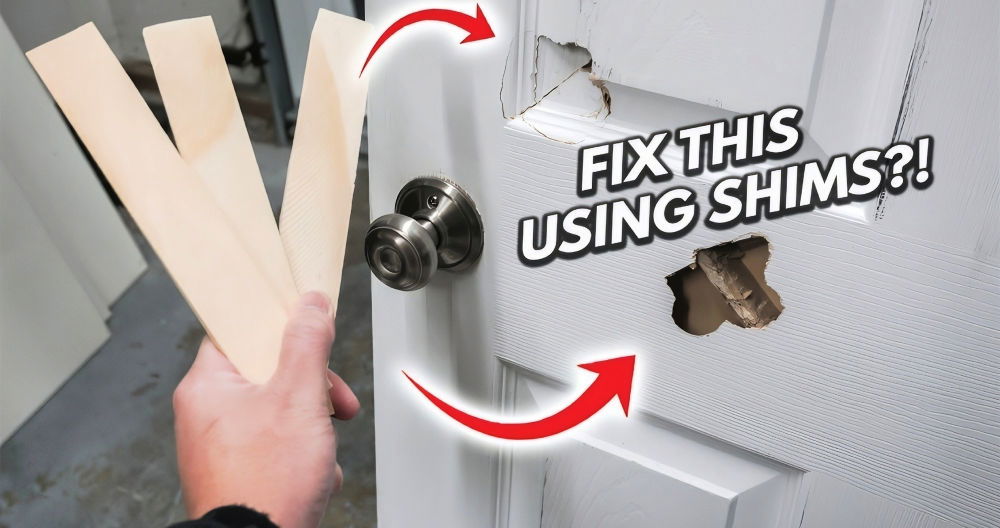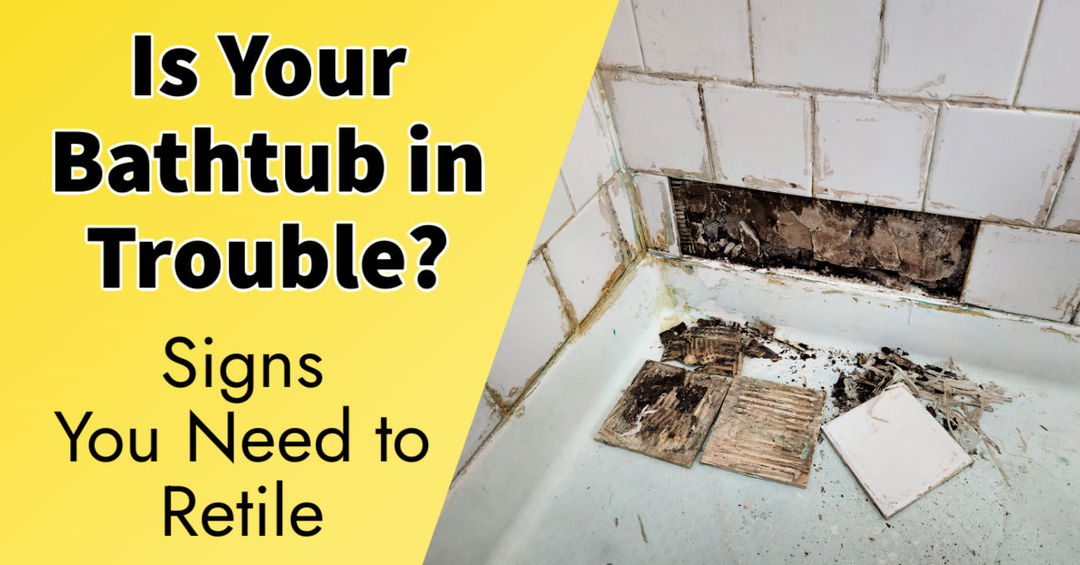Propane is a common and efficient fuel source used in many homes for heating, cooking, and more. However, a propane leak can be extremely dangerous. If you ever smell propane inside your home, it’s crucial to act quickly and safely. Here’s a step-by-step guide on what to do if you smell propane in your house to keep yourself, your family, and your property safe.
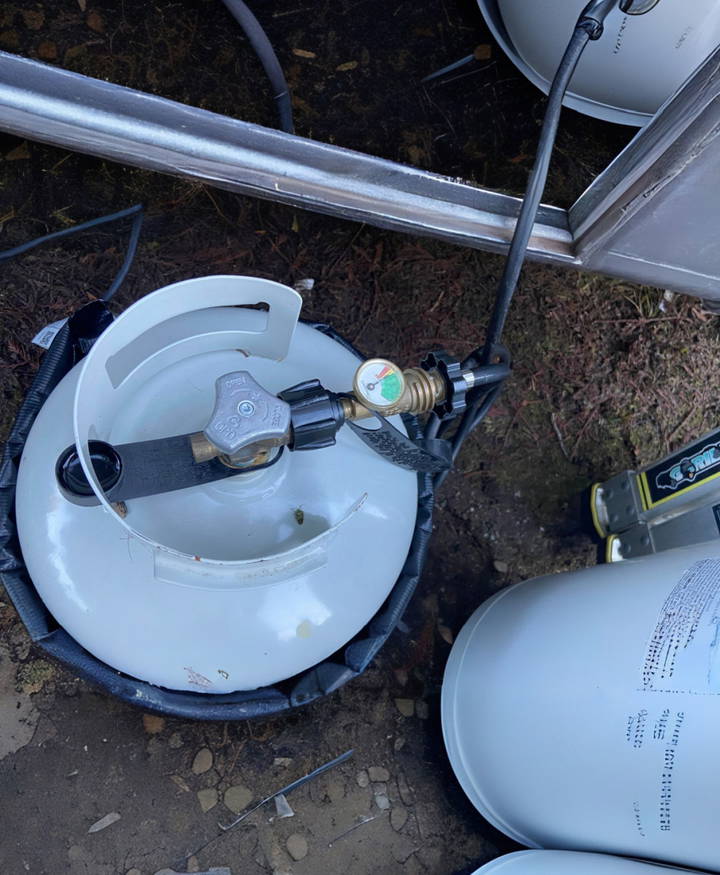
Understanding the Smell of Propane
Propane itself is an odorless gas, but manufacturers add a chemical called ethyl mercaptan to give it a distinctive odor that smells like rotten eggs, skunk spray, or a dead animal. This is done so that leaks can be easily detected. If you ever smell this foul odor, it’s essential to take immediate action. A propane leak, even a small one, can lead to a dangerous explosion or fire if not handled properly.
Step 1: Stay Calm and Assess the Situation
When you smell propane, the first thing to do is stay calm. Determine the strength and location of the smell. If it's a faint odor and you are lighting a stove or using another appliance, it may be normal. However, a strong, persistent odor is a red flag. Always treat it seriously, especially if the smell is intense or won’t go away, or if you hear a hissing sound, which could indicate a significant leak.
Step 2: Avoid Creating Sparks or Flames
If you suspect a propane leak, avoid using anything that could create a spark or flame. This includes obvious things like matches, lighters, and smoking materials. However, it also means avoiding the use of electrical devices like light switches, doorbells, thermostats, and even cell phones if you’re still inside the house. A spark from any of these devices can ignite propane gas, leading to an explosion.
Step 3: Evacuate the Area Immediately
Get everyone out of the house or the affected area as quickly as possible. Do not stop to collect belongings or search for the source of the smell. If the smell is coming from inside the house, go outside to a safe distance. If you smell it outside, walk further away to avoid any potential risk from vehicles or electrical equipment, which could create a spark.
Step 4: Shut Off the Gas Supply (If Safe to Do So)
If it is safe to do so, turn off the propane supply from the main gas tank outside your home. To do this, locate the valve on the propane tank and turn it to the right (clockwise) until it is fully closed. This step can help prevent more gas from leaking into the area.
Step 5: Call for Professional Help
Once you are safely away from the area, call your propane retailer or supplier using a cell phone or a neighbor's phone. If you cannot reach them, call 911 or your local fire department. It is essential to report the leak to professionals who can handle it safely. Do not attempt to go back into the house or the affected area until the professionals have declared it safe.
Step 6: Wait for the All-Clear
After contacting the proper authorities or your propane supplier, stay in a safe location until the situation is assessed and deemed safe by emergency responders or a qualified service technician. Returning too soon can put you and others at risk if the leak has not been fully contained or repaired.
Step 7: Get Your Propane System Inspected
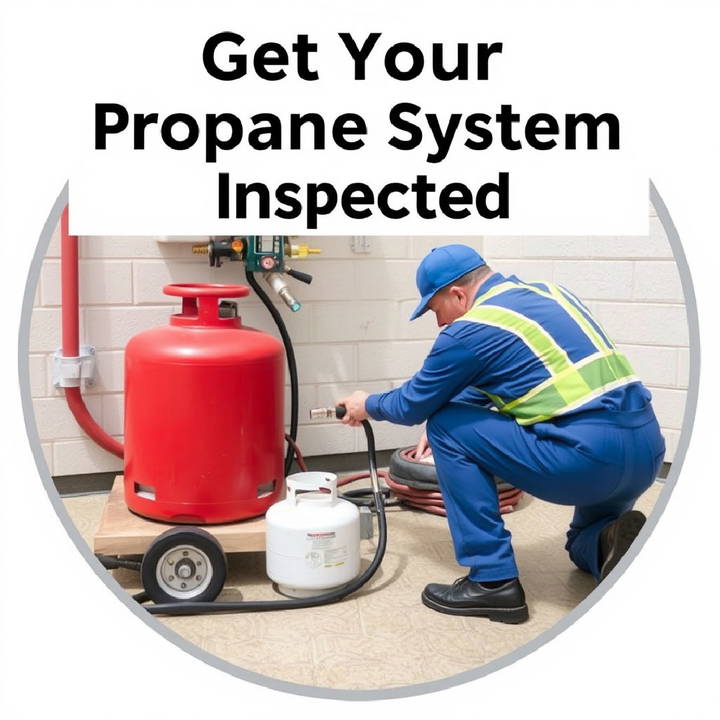
Once the leak has been handled, and you receive the all-clear to return home, have your entire propane system inspected by a qualified technician. Before using any propane appliances, ensure that a professional has checked the system for leaks and confirmed that everything is in good working order. This step is vital to prevent future leaks and to maintain safety in your home.
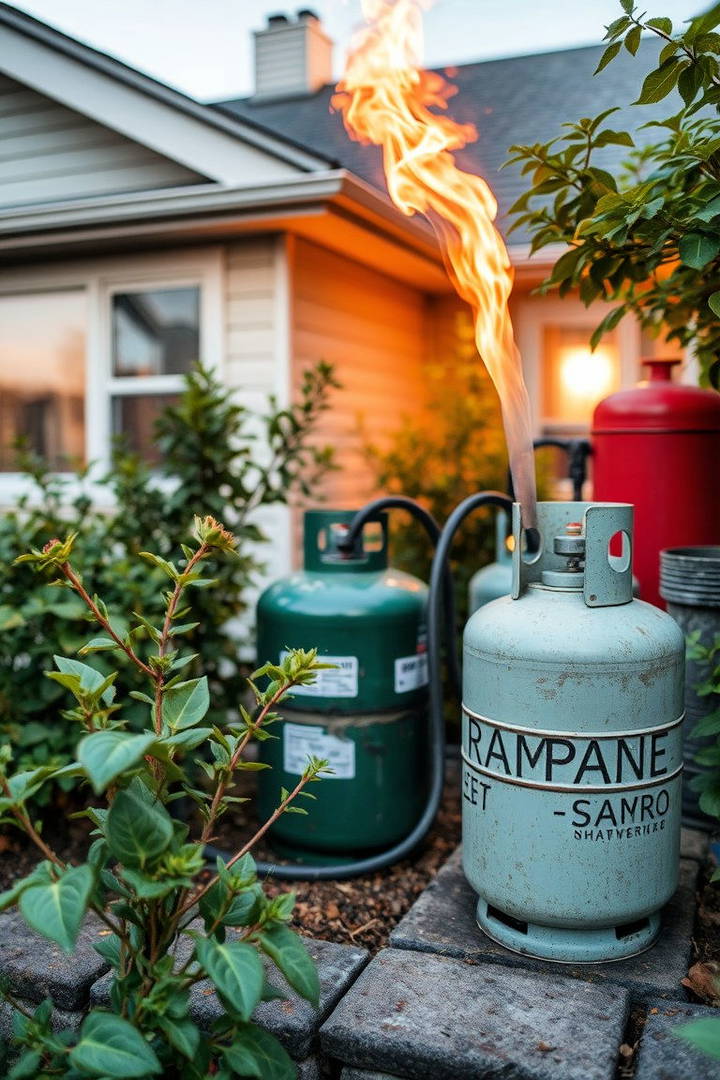
What If You Smell Propane Outside but Don’t Have Propane?
Sometimes, you might smell a propane-like odor outside your home, even if you don’t have any propane appliances or tanks. This situation can be confusing and concerning. Several possible sources could explain this phenomenon:
- Natural Gas Leaks: Sometimes, the odorant used in propane and natural gas (usually ethanethiol or methanethiol) can smell similar. A natural gas leak from a nearby pipeline or distribution line could be causing the smell. If you suspect this, call your local gas utility immediately. They can send out technicians with sensitive instruments to detect and address any leaks.
- Decomposing Organic Matter: In rural areas, decaying plant or animal matter can sometimes produce a smell similar to propane. Wetlands or boggy areas can emit methane and hydrogen sulfide, which may be mistaken for propane. Check for any nearby low-lying or swampy areas where this could be occurring.
- Sewer Gas: A broken or malfunctioning sewer line could emit gases that smell like propane. If you live in an area with septic systems or if there have been issues with plumbing vents, this might be the cause.
- Skunks and Other Animals: Skunk spray can sometimes resemble the smell of propane, especially after it has lingered for some time. If skunks or other wildlife are common in your area, this could be a possible explanation.
- Vehicle or Equipment Leaks: Vehicles modified to run on propane or other gas-powered equipment (like lawnmowers or portable generators) could have a slow leak, causing a persistent odor. Check if any neighbors or local workers use such equipment.
- Abandoned or Forgotten Propane Tanks: Sometimes, old propane tanks (such as those used for barbecues or heaters) may have been discarded improperly and could be leaking. Changes in temperature can cause residual propane to leak from tanks that weren’t completely emptied.
Safety First: Never Ignore a Gas Smell
Regardless of the potential source, never ignore a gas smell. Even if the odor seems faint or you believe you’ve identified a harmless source, it's always best to be cautious. Contact your local gas utility or fire department to investigate and confirm that there is no immediate danger. They have the tools and expertise to handle these situations safely.
Regular Maintenance and Inspections
To minimize the risk of a propane leak or other gas-related emergencies, ensure regular maintenance and inspection of your heating and fuel systems. Propane systems should be checked periodically by professionals to ensure there are no leaks and that everything is functioning correctly. Preventive maintenance is the best way to ensure the safety and efficiency of your fuel system.
Conclusion
Smelling propane in or around your house can be alarming, but knowing the right steps to take can help keep you and your family safe. Always act quickly, avoid creating sparks, evacuate the area, shut off the gas supply if possible, and call for professional help. Safety should always be your top priority, and taking these steps will help you manage any propane leak situation effectively. Regular maintenance and a cautious approach can prevent accidents and ensure your home remains a safe and comfortable place to live.
FAQs About Propane Smells and Leaks
If you suspect a propane leak or smell propane in or around your home, it's important to take quick and effective action. Below are some frequently asked questions (FAQs) to provide more information and address various concerns you might have about propane safety, leaks, and smells.
If you smell a propane-like odor outside and you don't have any propane appliances or tanks, there could be several explanations:
Natural Gas Leak: There might be a natural gas leak nearby. Contact your local gas utility immediately for an inspection, as they can detect gas leaks even at very low concentrations.
Other Sulfur-Like Odors: Some natural sources, such as wetlands, decaying vegetation, or a malfunctioning sewer line, can emit gases that smell similar to propane.
Skunks or Wildlife: Skunks and some other animals can emit odors that resemble propane. Consider recent skunk activity in the area.
Leaking Vehicles or Equipment: Check for nearby vehicles or equipment that may be running on propane or natural gas, as they could be leaking.
Propane and other gas odors can travel quite a distance depending on wind conditions, temperature, and the volume of gas. The smell can linger for a while, especially if the leak is persistent or the gas is trapped in an enclosed area. Even small leaks can remain detectable over long distances because the odorant added to propane is designed to be noticeable at very low concentrations.
Yes, it is possible to have a gas leak outside your home, or even underground, that doesn’t result in an odor inside the house. Gas leaks can occur in pipelines, nearby storage tanks, or other infrastructure. If neighbors also report smelling gas, contact your gas utility company for an inspection.
Yes, the smell of propane (caused by the additive ethyl mercaptan) can be confused with other strong sulfur-like smells, such as:
Rotten Eggs or Sewage: Malfunctioning sewer systems or septic tanks.
Decomposing Organic Matter: Wetlands or boggy areas may release methane or hydrogen sulfide gases.
Certain Plants or Weed Smoke: Some plants, especially when decaying, and certain strains of weed can emit a similar odor.
Turning off your propane supply is generally a good step to prevent further gas from leaking, but only if it is safe to do so. If you can access the tank valve without going through a concentrated area of the gas leak, you should turn the valve clockwise (right) to shut it off. However, if the smell is strong near the tank, evacuate immediately and call for professional help.
If you smell propane, avoid doing anything that could ignite the gas. This includes:
Turning on or off any electrical switches.
Using cell phones, landlines, or other electronic devices inside the house.
Starting vehicles or operating machinery nearby.
Smoking or lighting matches.
Always evacuate first and call for help once you are in a safe location.
If you suspect a propane leak:
Call Your Propane Supplier: They can send a technician to inspect and repair the leak.
Call 911 or the Fire Department: If you cannot reach your propane supplier or if the situation seems urgent, contact local emergency services.
Utility Company: If the odor is outside and you suspect a natural gas leak, call your local gas utility.
It is advisable to have your propane system inspected at least once a year by a qualified technician. Regular maintenance helps to ensure that there are no leaks and that all components are functioning correctly. This is especially important for older systems or after any significant weather events that could damage the infrastructure.
A hissing sound can indicate a substantial leak in your propane system. If you hear this:
Evacuate Immediately: Leave the house or the affected area quickly.
Do Not Attempt to Fix It Yourself: Even if you are familiar with propane systems, do not try to stop the leak yourself.
Call for Professional Help: Contact your propane supplier, 911, or your local fire department from a safe location.
Yes, propane leaks can occur even with new appliances. It’s not just the appliances themselves that can leak; issues can arise with connectors, valves, or the tank. Always check your system after installation or significant maintenance to ensure everything is secure and leak-free.
Propane is considered a safe and efficient fuel when used correctly. Modern safety measures, such as adding an odorant to detect leaks, have made propane relatively safe. However, as with any fuel, proper installation, regular maintenance, and swift action in the event of a leak are crucial to ensuring safety.
If you smell propane but cannot find a leak, several scenarios might explain this:
Residual Odors: After using a propane appliance, a faint smell can sometimes linger. This is common with stoves, fireplaces, or heaters, especially if a pilot light goes out or when lighting a burner.
Intermittent Leaks: There may be a small or intermittent leak that is not immediately detectable. Even tiny leaks can release enough gas to produce a smell without setting off alarms.
Nearby Sources: A neighbor's propane tank, grill, or equipment could be the source of the smell, especially if you live in a densely populated area or the wind is blowing in your direction.
Ventilation Issues: Poor ventilation in enclosed spaces can cause gas smells to concentrate and linger, even after the source has been turned off.
If the smell persists or if you’re unsure, it’s always best to call a propane professional to inspect your system thoroughly.
If you smell gas in your house, follow these steps immediately:
Avoid Ignition Sources: Do not turn on or off any lights, appliances, or electronic devices.
Evacuate the House: Get everyone out of the house and to a safe distance.
Shut Off the Gas Supply: If safe to do so, turn off the propane supply at the tank by rotating the valve to the right (clockwise).
Call for Help: From a safe location, contact your propane supplier, 911, or your local fire department to report the smell and get professional assistance.
Never ignore the smell of gas inside your home. Even a minor leak can turn into a major hazard if left unaddressed.
Propane is naturally odorless, but an additive called ethyl mercaptan is added to give it a distinctive smell, which helps in detecting leaks. The smell of propane is often described as:
Rotten Eggs: A strong sulfur-like odor, similar to the smell of rotten eggs.
Skunk Spray: Some people compare the smell to a skunk’s spray.
Dead Animal: Occasionally, it can resemble the smell of a dead or decaying animal.
These strong and unpleasant odors are intentionally added to ensure that even a small leak is easily noticeable. If you detect such a smell, do not dismiss it; take it as a serious warning sign and act immediately.


